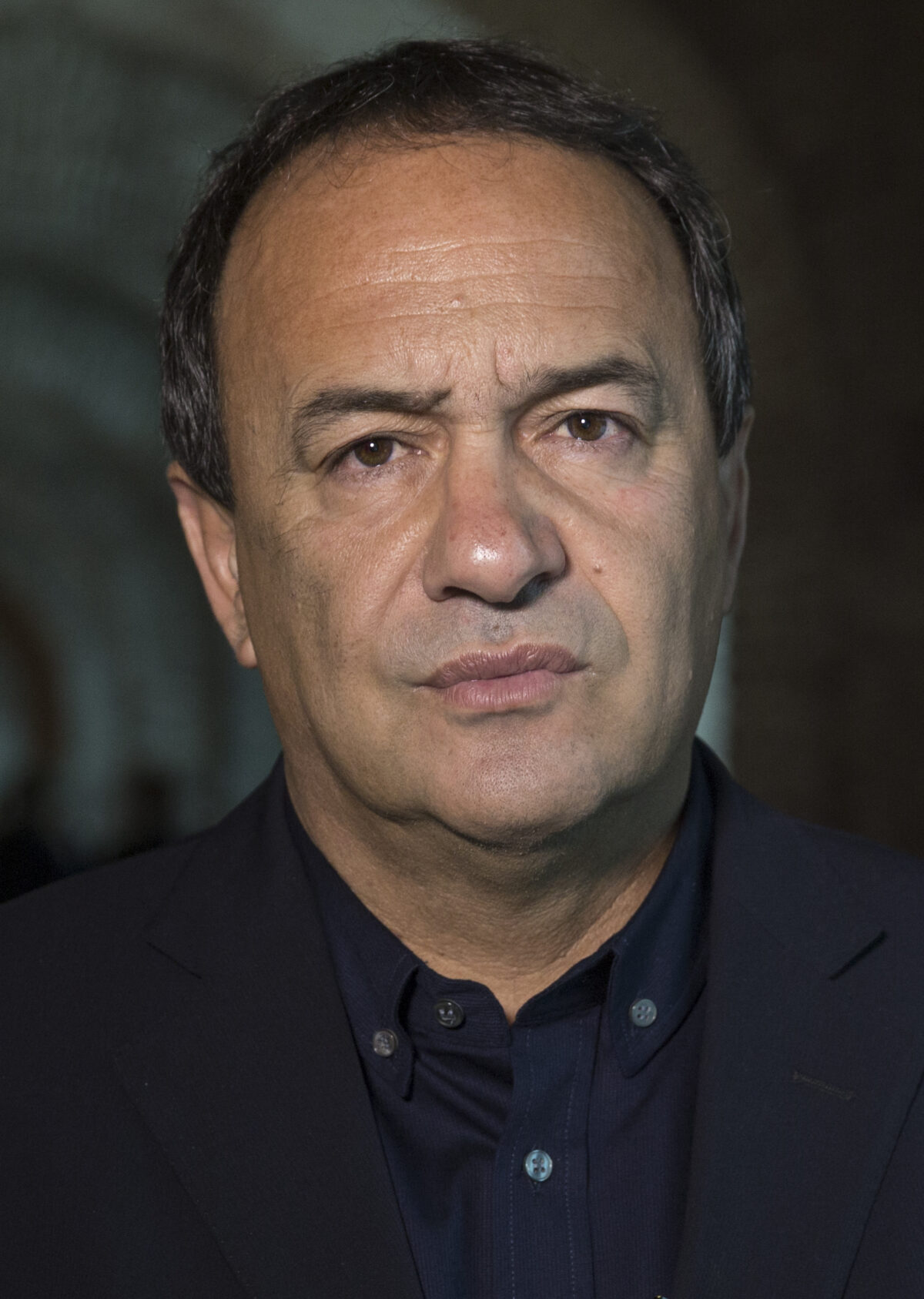Question: Prison for solidarity with refugees

Domenico Lucano was sentenced to 13 years in prison on flimsy grounds for welcoming refugees as mayor. Together with other members of my group, I have asked the EU Commission how the EU Commission deals with the conviction of the former mayor Domenico Lucano for his reception of protection seekers and in general with the increasing criminalization of human rights activists under the guise of fighting smuggling crime. As usual, the Commission's response does not address our specific questions, but emphasizes general noble principles – without taking action when these principles are violated.
The whole question with answers in several languages can also be found at here.
Our request
Subject: Implementation of the Smuggling Directive and humanitarian aid
Domenico Lucano, former mayor of Riace, a town in the southern Italian region of Calabria, was sentenced to more than 13 years in prison for aiding irregular migration and for "irregularities" in the care of asylum seekers.
During his term as mayor, Riace gained notoriety for his exemplary reception and integration of migrants. The court's verdict is shocking, as it almost doubled the sentence of seven years and eleven months requested by prosecutors. This is another example of the lack of uniformity in the implementation of the smuggling directive in the EU member states and the worrying criminalization of humanitarian aid.
- Against this background, how does the Commission intend to ensure that the Lucano case and similar cases of prosecution and guilty pleas do not violate the spirit of the Smuggling Directive?
- How will the Commission ensure that the Commission's recent guidelines on the implementation of the Smuggling Directive are followed?
- What measures is the Commission taking to ensure that private operators can bring rescued migrants ashore without fear of being prosecuted?
Answer given by Ylva Johansson on behalf of the European Commission on 21.12.2021)
The Commission's guidelines on the implementation of the Smuggling Directive clarify that lawful humanitarian assistance should never be criminalized and invite Member States, if they have not already done so, to make use of the possibility to distinguish between (non-lawful) acts with the aim of providing humanitarian assistance and acts with the aim of facilitating unauthorized entry or transit and to exempt the former from criminalization.
One year after the adoption of the Guidelines, monitoring of the implementation of the Smuggling of Migrants Directive is intensified under the renewed EU Action Plan against smuggling of migrants. In case of breaches of EU law, the Commission reserves the right to use its powers under the Treaties to initiate infringement procedures. The Commission will report in 2023 on the implementation of the 2020 Smuggling Package and Guidelines and propose a revision if necessary to ensure that the EU is adequately equipped to respond to the changing challenges in this area.
The coordination of search and rescue operations is the responsibility of the Member States; the Commission has no operational tasks in this regard. Nevertheless, the Commission has repeatedly called on all actors involved to comply with the relevant legal framework and, in the context of the new migration and asylum package, has proposed a better coordinated EU approach to search and rescue operations, including the establishment of the first European Contact Group on this issue.